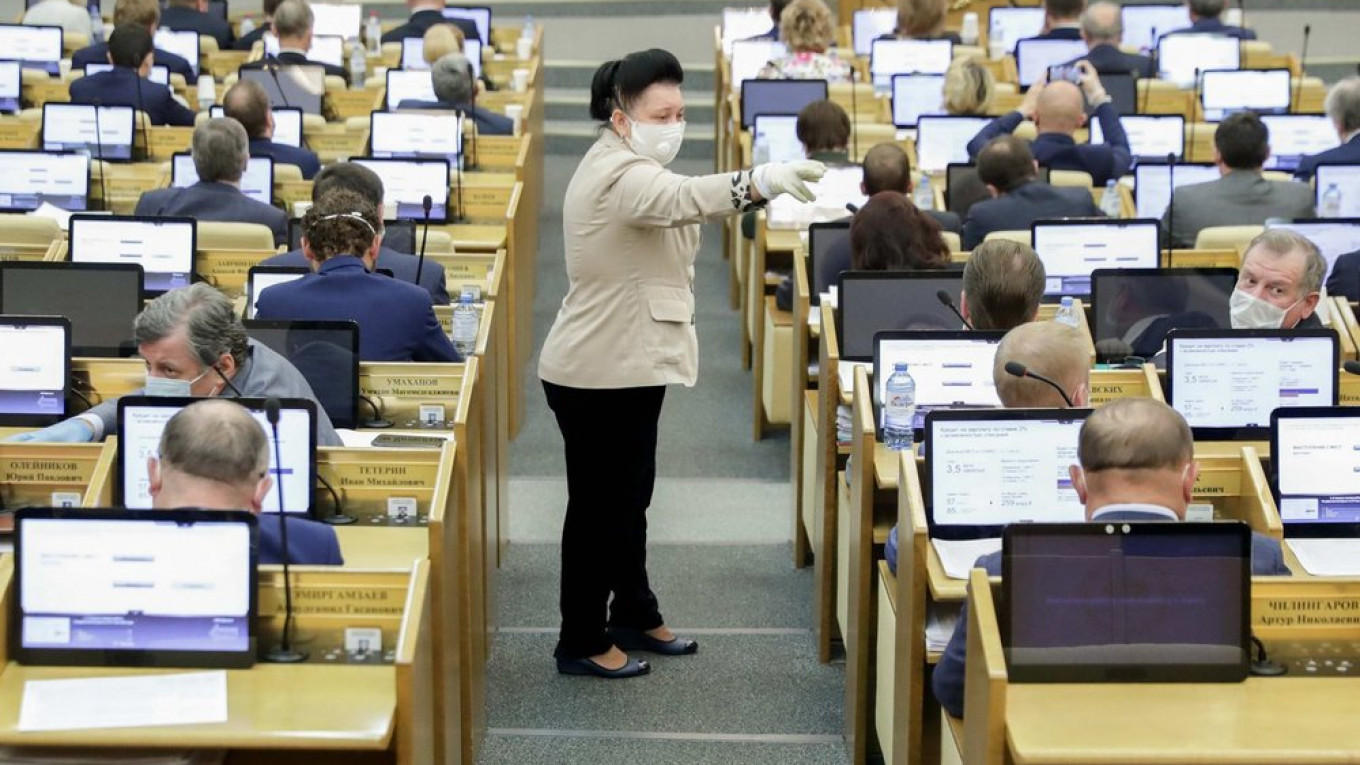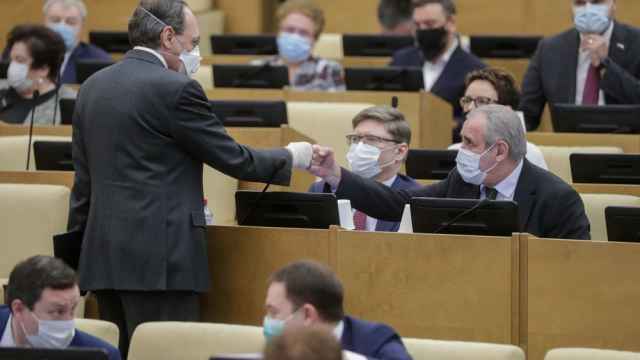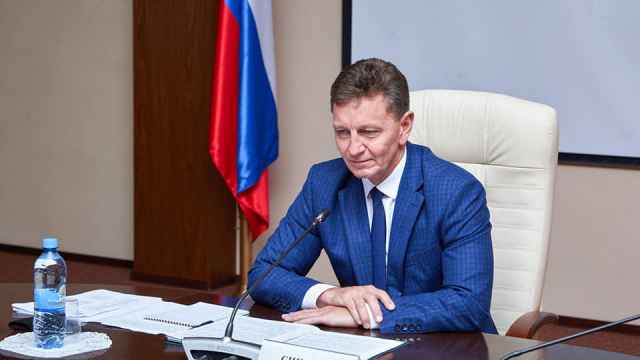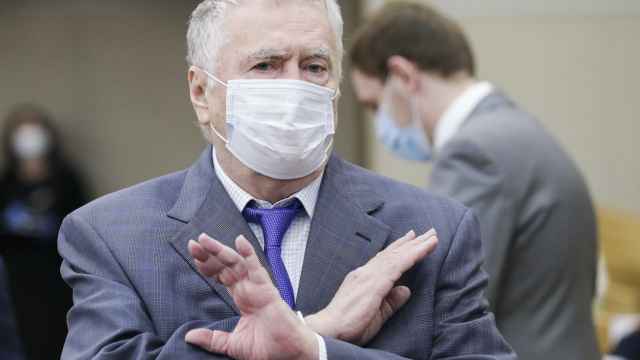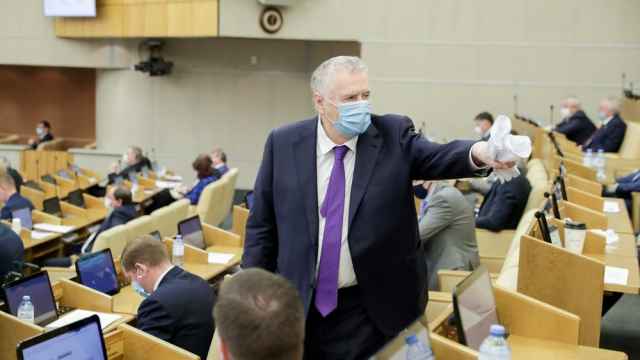At least one out of every five Russian lawmakers currently have or have had coronavirus, the speaker of Russia’s lower house of parliament told President Vladimir Putin on Monday.
The 450-member State Duma went partially remote last month to limit the spread of Covid-19 after more than a dozen federal lawmakers were hospitalized with the infection. Previously, Duma speaker Vyacheslav Volodin called on deputies at higher risk of a severe Covid-19 infection to work remotely from their offices.
“We’re taking certain precautions to maintain the parliament’s efficiency, but looking at the period that has passed, we have 91 deputies who have been ill or are ill today,” Volodin said.
Speaking during a rare face-to-face meeting with Putin, Volodin said 38 members of the Duma are currently hospitalized with Covid-19, including one in intensive care.
At least one Duma member contracted coronavirus despite taking Russia’s highly touted Sputnik V vaccine; he has said he believes he may have been administered a placebo.
Vakha Agayev, a 67-year-old Communist Party deputy from the republic of Chechnya, was the first and only member of the Duma to have died from complications caused by Covid-19 in September.
Volodin said that the Duma was on course despite the limitations to pass 20 bills enforcing a set of constitutional amendments that Putin put to a nationwide vote this summer.
Observers took note of Putin’s rare in-person meeting with Volodin, who had mysteriously stopped appearing at Duma sessions for around two weeks. The timing appeared consistent with reporting that the Kremlin has required a two-week quarantine for anyone scheduled to meet Putin, who has sequestered himself outside Moscow and limited public appearances.
Russia confirmed another record number of new Covid-19 cases Monday, adding 17,347 infections to its total count that surpassed 1.5 million over the weekend.
A Message from The Moscow Times:
Dear readers,
We are facing unprecedented challenges. Russia's Prosecutor General's Office has designated The Moscow Times as an "undesirable" organization, criminalizing our work and putting our staff at risk of prosecution. This follows our earlier unjust labeling as a "foreign agent."
These actions are direct attempts to silence independent journalism in Russia. The authorities claim our work "discredits the decisions of the Russian leadership." We see things differently: we strive to provide accurate, unbiased reporting on Russia.
We, the journalists of The Moscow Times, refuse to be silenced. But to continue our work, we need your help.
Your support, no matter how small, makes a world of difference. If you can, please support us monthly starting from just $2. It's quick to set up, and every contribution makes a significant impact.
By supporting The Moscow Times, you're defending open, independent journalism in the face of repression. Thank you for standing with us.
Remind me later.


